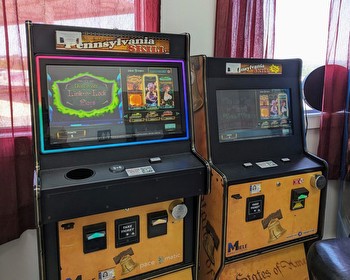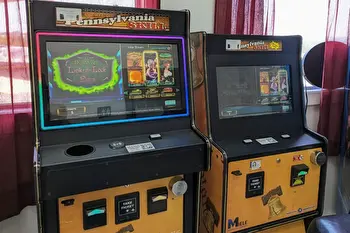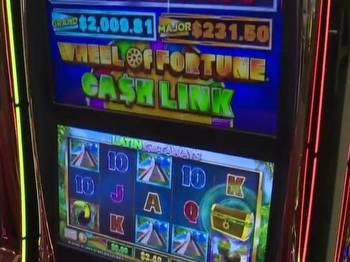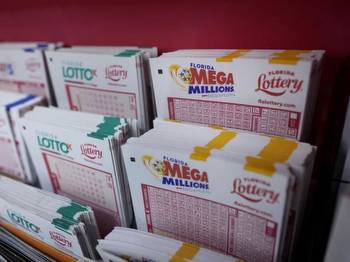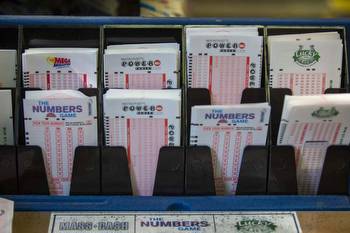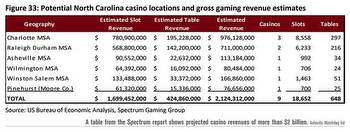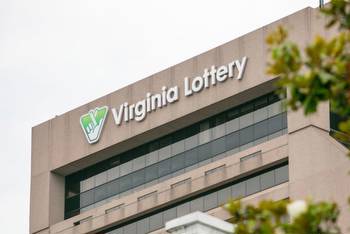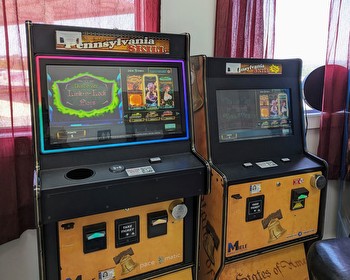NC needs a gaming commission independent from the Education Lottery
As the North Carolina legislature looks to expand the availability of regulated gaming options — which could include new casinos, video lottery terminals, and digital versions of casino-style games — they must first ensure that NC’s gaming regulator is fit for purpose and truly independent.
There are many compelling reasons why North Carolina is looking to expand gaming. The tax revenue from new gaming options will help the state maintain a balanced budget for decades, even as the state endeavors to lower taxes. We’ve seen Virginia’s effort to lure North Carolina residents to casinos just across state lines, and lawmakers are smartly taking steps to keep that revenue here in the Tarheel State. Additionally, illegal gambling is happening all around us. Sweepstakes parlors have spread across the state and the prevalence of online gambling via unregulated and untaxed offshore gambling websites is on the rise. I applaud the North Carolina lawmakers who are taking the steps to bring safe and well-regulated legal alternatives that will create jobs and generate taxes.
Along with financial services, gaming is the most highly regulated industry in the world. Decades ago, NC got its banking regulations right, and today Charlotte is the second-largest financial center in the US. Thoughtful gaming regulation can bring the same business and consumer benefits.
Having spent my life working in the regulated online gambling industry around the world, it is clear to me that a licensed operator of a service should not also regulate its industry competition. Nobody thinks Bank of America should have the authority to regulate Wells Fargo — that is an obvious conflict of interests. Yet, the North Carolina Education Lottery, which operates our lottery, is also tasked with regulating competing gaming interests. This is not adequate. The time is right for North Carolina to establish an independent gaming commission.
The North Carolina Education Lottery has served the state well as a lottery operator but is not equipped to handle the complexities of regulating the expanded retail and digital casino options being considered by the legislature. Furthermore, the lottery’s role as a purveyor of gambling products is a direct conflict of interest with their role to regulate competing gaming interests. The lottery’s mission statement is to maximize revenue from the operation of lottery games. It unfair to task the lottery with this mission yet also expect them to regulate their competition in an impartial way.
The inherent conflict in the lottery’s dual role has become abundantly clear with their recent announcement that they will be offering digital instant-win games within a matter of weeks. This expansion will include what are essentially online slot games — in other words, the lottery is becoming an online gambling provider.
The timing of this announcement is particularly troubling since the lottery also has the duty to license and regulate online sports betting companies, which the legislature approved in July. The legislature placed the lottery in charge of regulating this important industry with a specific mandate to launch sports betting “as soon as practicable.” This was a deliberate choice, since the Super Bowl and March Madness are the busiest and most profitable sports betting events of the year. Under the circumstances, lawmakers must consider whether the lottery is prioritizing their own expansion of digital instant-win games over their mandate to expediently launch sports betting.
Similar conflicts of interest, real or perceived, will only increase as the state takes steps to regulate iGaming and retail casinos, and the lottery will find itself increasingly mired in a no-win situation.
The common-sense solution is to create an independent regulatory agency, the North Carolina Gaming Commission. The new commission can impose regulations impartially, promote competition between gaming businesses and centralize the critical resources necessary to minimize harm from problem gambling. This is standard practice in states with multiple gambling options and has proven to be a very effective structure upon which to grow a safe and well-regulated gaming market. I urge lawmakers to consider this solution now and would welcome any opportunity to share my expertise for the benefit of my home state.









